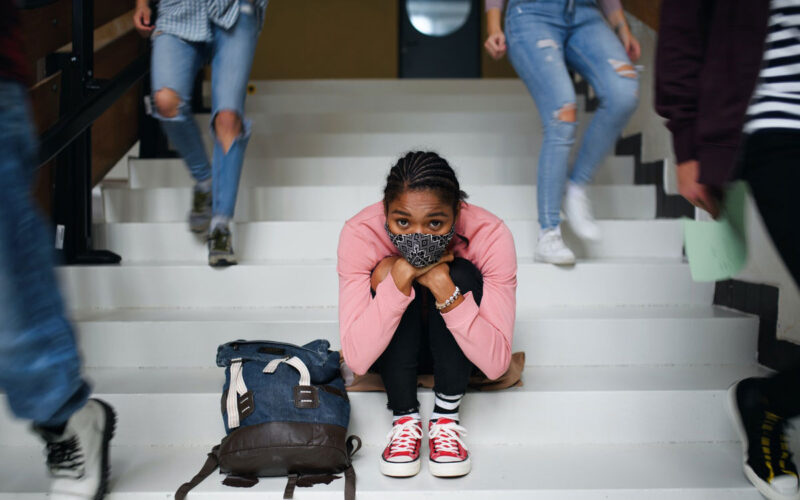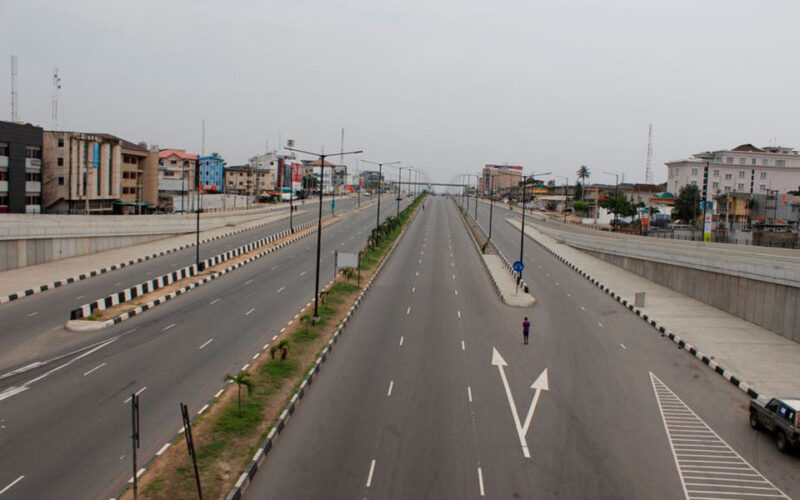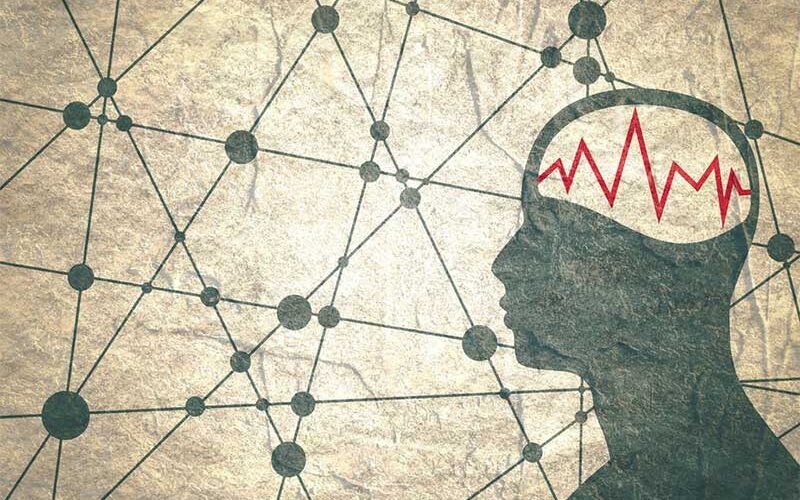
How COVID added to the stresses of the most vulnerable young women in South Africa
BY 2021, South Africa’s unemployment rate was at 44%. Around 55.5% of South Africans were living in poverty. Figures show that in 2021, 10 million people, including 3 million children, lived in a household affected by hunger. Poverty is a key driver of poor mental health. People who also experience insecure income, housing and food supply are particularly vulnerable. The burden of mental illness in South Africa is high. Nearly half of the population (47.5%) is at risk of developing a psychiatric disorder in their lifetime. Despite this high burden, access to mental healthcare in South Africa is severely limited.…


